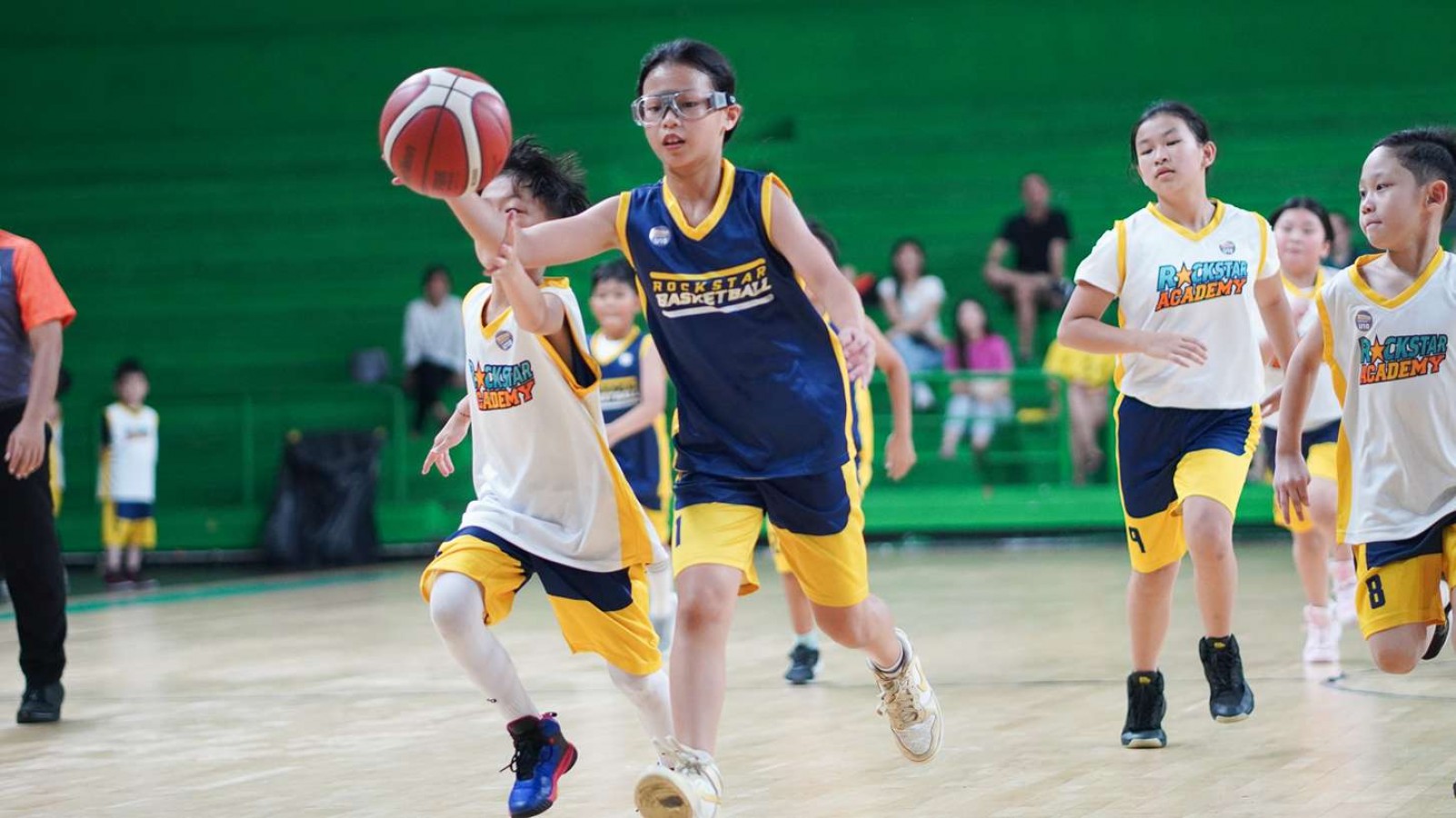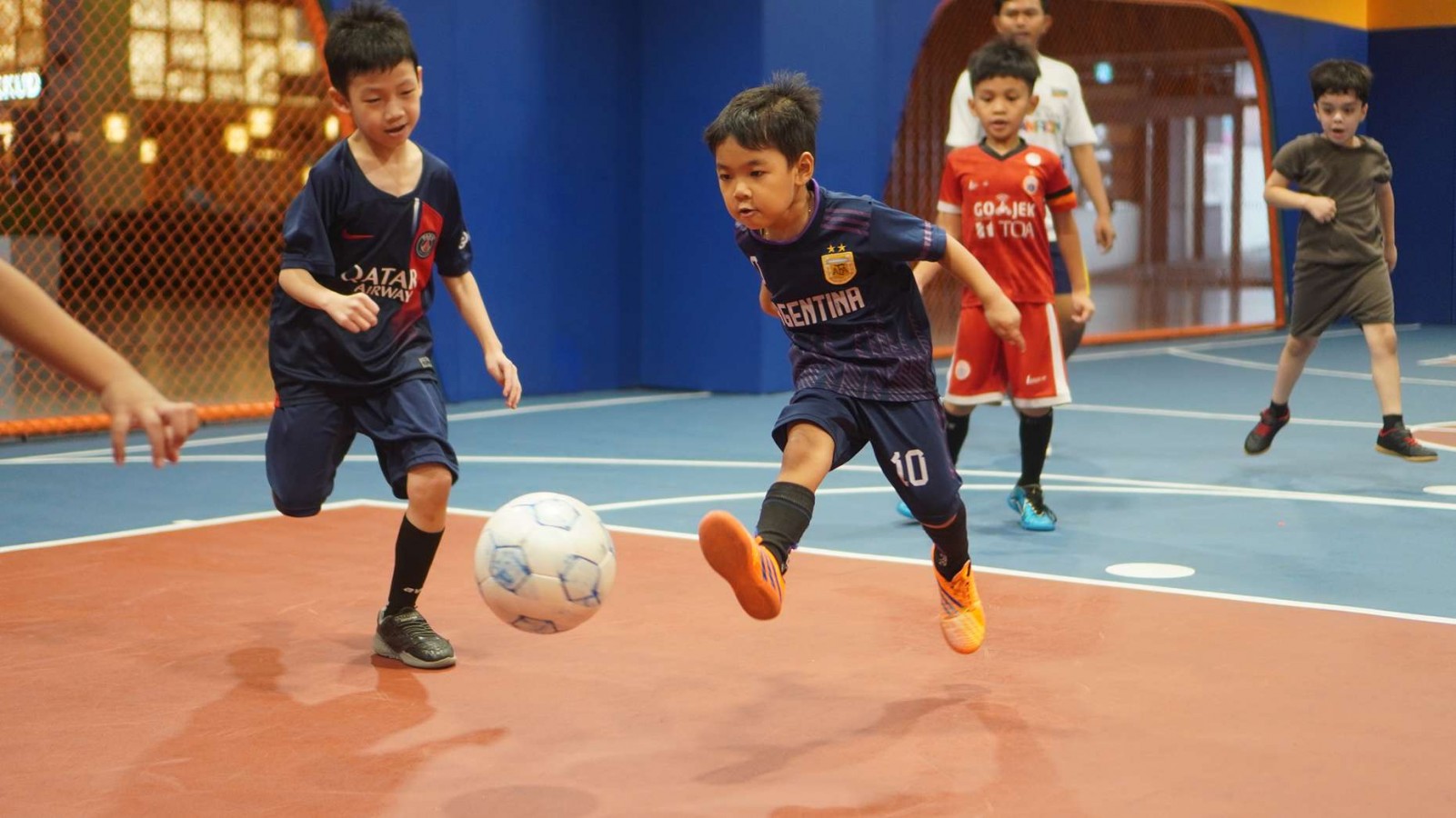Tips On How To Improve Concentration In Kids

Concentration is a vital skill for children to develop as it directly impacts their academic performance, behavior, and overall success in various aspects of life. Parents often find themselves wondering how to improve concentration in kids amidst the constant bombardment of screens, notifications, and other stimuli.
Fortunately, there are several effective strategies that parents can implement to nurture their children's ability to focus and concentrate. Here, we'll explore effective tips to enhance your kids' concentration and set them up for greater focus and productivity.
How to Improve Concentration in Kids?
Improving concentration in kids is crucial for their academic performance and overall development. Here are some effective strategies to help enhance their ability to focus:
1. Set Aside a Reasonable Amount of Time for Your Child
Designate a specific time each day for your child to work on tasks that require concentration, such as reading, solving puzzles, or doing homework.
Start with a manageable duration based on your child's age and gradually increase it as they become more accustomed to focusing for longer periods.
2. Do One Thing at a Time
Encourage your child to focus on completing one task before moving on to the next. Multitasking can fragment attention and reduce productivity.
By emphasizing the importance of concentrating on one thing at a time, you help your child develop the ability to prioritize and maintain focus.
3. Set Aside Homework Time and Space
Create a dedicated study area free from distractions where your child can focus solely on homework or other academic tasks.
Ensure the space is well-lit, comfortable, and equipped with necessary materials such as pens, pencils, and paper.
Establishing a consistent homework routine can also help reinforce the habit of concentration.
4. Build in Planned Breaks
Breaks are essential for refreshing the mind and preventing mental fatigue. Encourage your child to take short breaks during study sessions to rest and recharge.
Activities like stretching, taking a brief walk, or enjoying a healthy snack can help rejuvenate focus and enhance productivity when they return to their tasks.
5. Practice Belly Breathing
Deep breathing exercises can help calm the mind and improve concentration. Teach your child simple belly breathing techniques where they inhale deeply through their nose, allowing their belly to expand, and exhale slowly through their mouth. Regular practice of deep breathing can reduce stress and enhance focus.
6. Break Big Tasks Down into Smaller, More Manageable Pieces
Large tasks can feel overwhelming and may deter a child from even starting. Teach your child to break down big assignments or projects into smaller, more manageable tasks.
This approach makes the workload seem less daunting and allows them to focus on completing one step at a time, leading to a sense of accomplishment and sustained concentration.
7. Practice Observing Things in the Moment
Encourage your child to engage in mindfulness exercises that promote present-moment awareness.
For example, you can take nature walks together and encourage them to observe the sights, sounds, and sensations around them without judgment.
Practicing mindfulness enhances attention control and trains the mind to focus on the present, which can translate into improved concentration skills in various settings.
How to Identify Children With Attention Problems?
Identifying children with attention problems requires careful observation and assessment of their behavior and performance across various settings. Here are several indicators that may suggest a child is experiencing difficulties with attention:
A. Not Attend to a Task When Required/Requested to Do So
Children who consistently fail to engage with tasks or activities when prompted may exhibit difficulties with attention. They may appear disinterested or easily distracted, making it challenging for them to focus on the task at hand.
B. Miss Details in Instructions
Children with attention problems often struggle to process and retain detailed instructions. They may overlook important information or instructions, leading to incomplete or inaccurate task performance.
C. Repeatedly Makes the Same Mistakes
Difficulty learning from past mistakes can be indicative of attention issues. Children may repeatedly make the same errors despite receiving feedback or corrections, suggesting a lack of sustained attention or concentration.
D. Being Unable to Listen to All of the Information Presented
Children with attention problems may have difficulty maintaining focus during verbal instructions or conversations. They may tune out or become easily distracted, causing them to miss crucial information or details.
E. Finding It Physically Difficult to Either Calm Down or Wake Up
Attention difficulties can manifest in various ways, including hyperactivity or lethargy. Some children may struggle to control their physical activity levels, appearing restless or fidgety, while others may seem sluggish or sleepy, making it challenging for them to engage with tasks or activities.
F. Starting a Task But Then Getting Distracted and Forgetting to Complete It
Children who frequently start tasks but struggle to maintain focus or follow through to completion may have attention problems. They may become easily sidetracked by external stimuli or internal thoughts, leading to unfinished or abandoned tasks.
Ready to Help Your Child Boost Their Concentration Skills?
Fostering concentration skills in children is essential for their overall development and academic success. With dedication and encouragement, parents can empower their children to navigate through distractions and thrive in various aspects of their lives.
Are you searching for an exceptional early childhood education experience that goes beyond the conventional? At Rockstar Academy, we believe in nurturing young minds through a holistic approach that integrates intellectual stimulation with physical activity and creative expression.
Our academy is not just another educational institution, we're a Sports & Performing Arts Academy dedicated to providing a holistic learning experience for young learners. With a curriculum designed to foster creativity, critical thinking, and social-emotional development, we empower students to reach their full potential.
Join us for Rockstar Academy's free trial and discover the extraordinary educational journey that awaits your child. Don't miss this chance to give your child the foundation they need to become tomorrow's leaders, innovators, and, indeed, rockstars!
FAQ
How can I increase my child's concentration?
Encourage regular exercise, minimize distractions, establish a consistent routine, and practice mindfulness exercises to improve concentration.
What causes lack of concentration in a child?
Lack of sleep, poor nutrition, excessive screen time, attention disorders, and underlying stress or anxiety can contribute to a child's lack of concentration.



